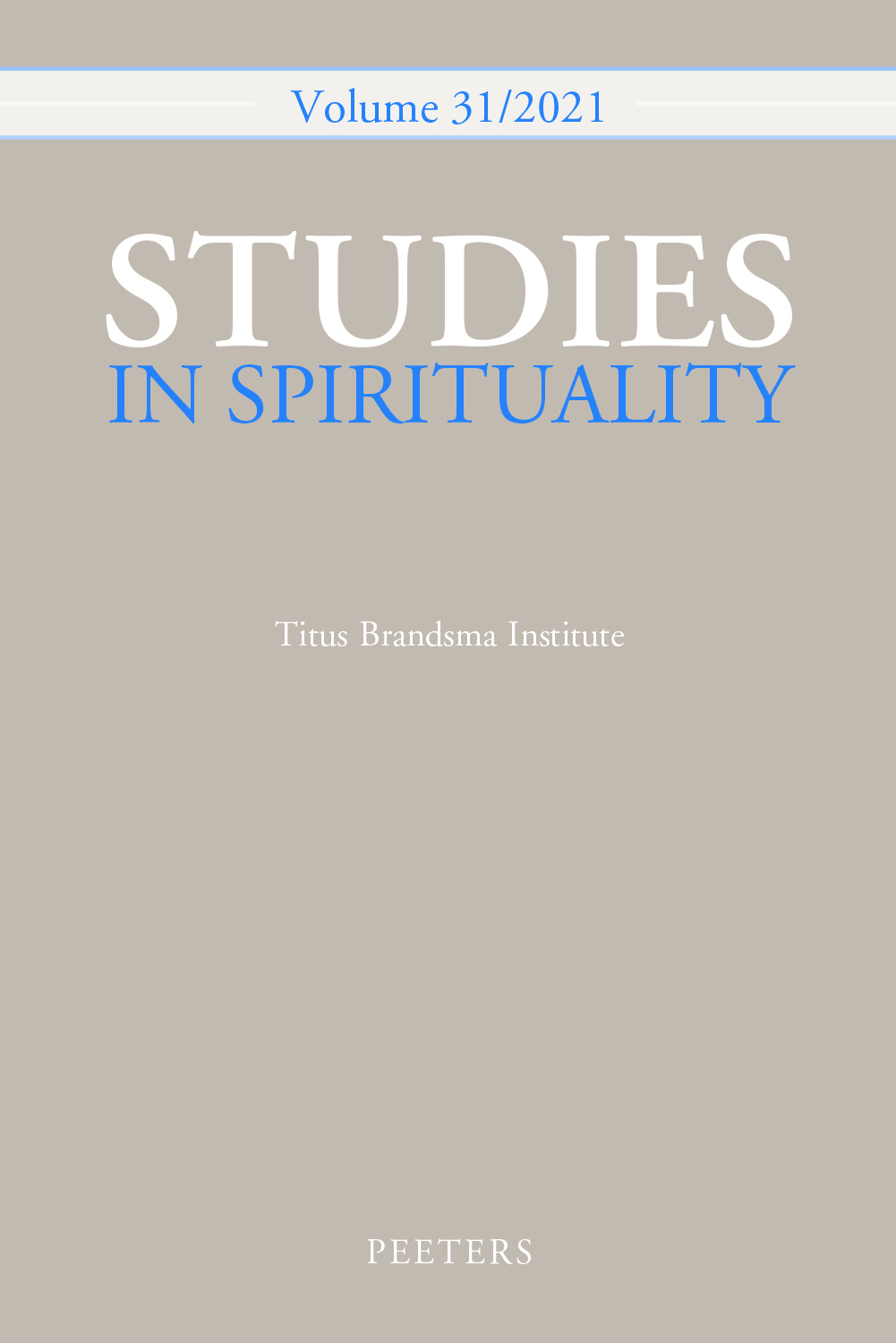 previous article in this issue previous article in this issue | next article in this issue  |

Preview first page |
Document Details : Title: Krise des Unverfügbaren Subtitle: Zur spirituellen Relevanz von Hartmut Rosas Resonanztheorie Author(s): RIEDENAUER, Markus Journal: Studies in Spirituality Volume: 32 Date: 2022-2023 Pages: 111-127 DOI: 10.2143/SIS.32.0.3292455 Abstract : The theory of modernity which Hartmut Rosa developed and his concept of resonance are highly relevant for understanding spirituality and religion in our society. As experiences of resonance cannot be intentionally produced or reproduced at will, they are characterised by uncontrollability (‘Unverfügbarkeit’). Spirituality, as it is understood in this article, implies to refrain from controlling and to become free for resonant experiences, for a call and for answering it. In any field of human experience, such dialogical transcending of control and dominance may happen. Religions with their rites, teachings and ethos do interpret and unfold, encourage and stabilise experiences of resonance. In so far as they recognise the fundamental importance of resonance, insofar as they cultivate a responsive way of life in a spiritual relationship, they might become very important in societies marked by a crisis of uncontrollability. This article explains the core concepts of Hartmut Rosa and analyses the relevance and potential of his theories for understanding the spiritual foundation of religion. |
|


